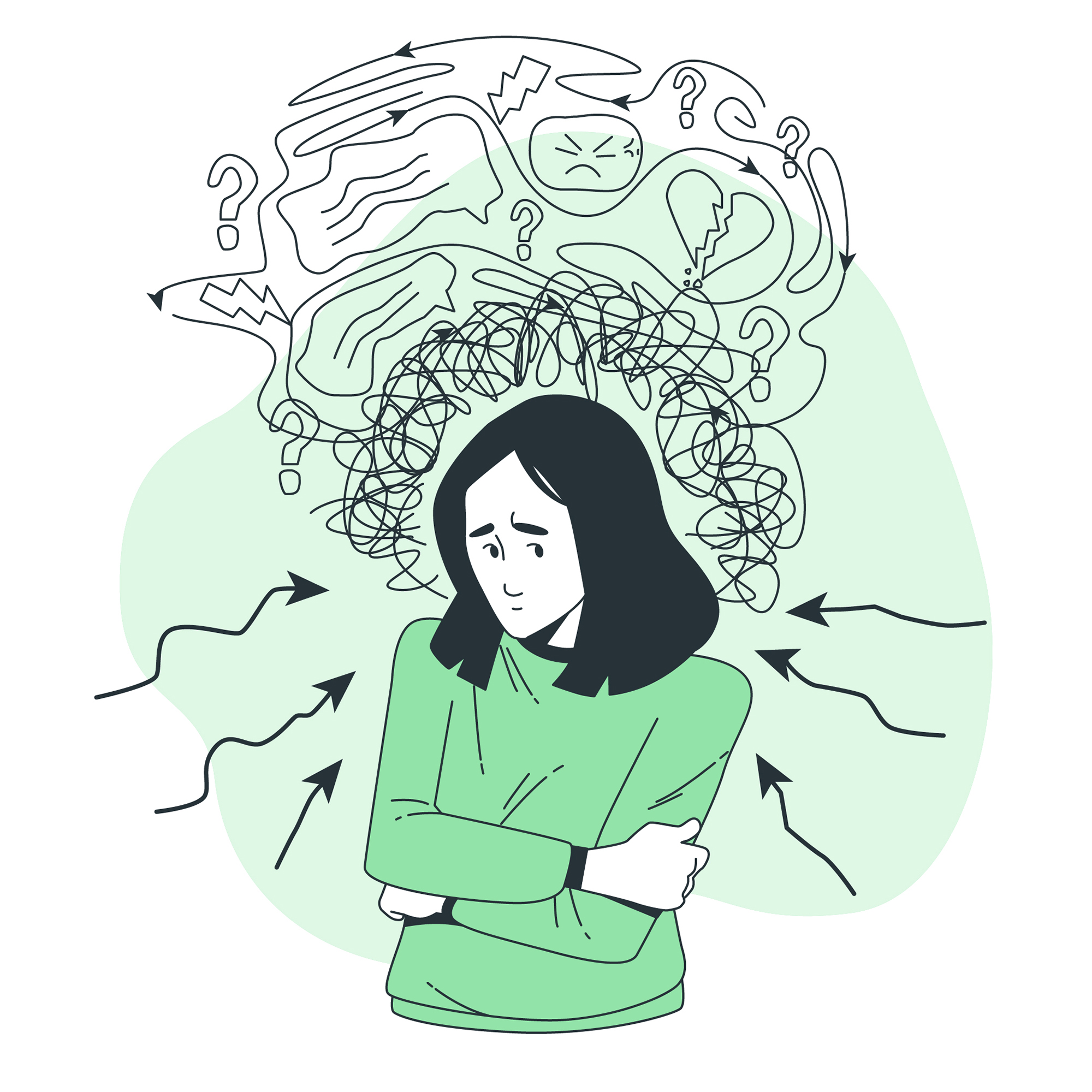
Depression is a common mental disorder. Globally, it is estimated that 5% of adults suffer from the disorder. It is characterized by persistent sadness and a lack of interest or pleasure in previously rewarding or enjoyable activities. It can also disturb sleep and appetite. Tiredness and poor concentration are common. Depression is a leading cause of disability around the world and contributes greatly to the global burden of disease. The effects of depression can be long-lasting or recurrent and can dramatically affect a person’s ability to function and live a rewarding life.
Depression is the leading cause of ill health and disability worldwide. According to the latest estimates from the WHO, more than 300 million people are now living with depression, an increase of more than 18% between 2005 and 2015. Lack of support for people with mental disorders, coupled with a fear of stigma, prevents many from accessing the treatment they need to live healthy, productive lives.
Symptoms
Although depression may occur only once during your life, people typically have multiple episodes. During these episodes, symptoms occur most of the day, nearly every day, and may include:
- Feelings of sadness, tearfulness, emptiness, or hopelessness
- Angry outbursts, irritability, or frustration, even over small matters
- Loss of interest or pleasure in most or all normal activities, such as sex, hobbies, or sports
- Sleep disturbances, including insomnia or sleeping too much
- Tiredness and lack of energy, so even small tasks take extra effort
- Reduced appetite and weight loss or increased cravings for food and weight gain
- Anxiety, agitation, or restlessness
- Slowed thinking, speaking, or body movements
- Feelings of worthlessness or guilt, fixating on past failures or self-blame
- Trouble thinking, concentrating, making decisions, and remembering things
- Frequent or recurrent thoughts of death, suicidal thoughts, suicide attempts, or suicide
- Unexplained physical problems, such as back pain or headaches
Natural remedies and lifestyle tips
Exercise
Aim for 30 minutes of physical activity 3 to 5 days a week. Exercise can increase your body’s production of endorphins, which are hormones that improve your mood.
Avoid alcohol and substance use
Drinking alcohol or misusing substances may make you feel better for a little bit. But in the long run, these substances can make depression and anxiety symptoms worse.
Learn how to set limits
Feeling overwhelmed can worsen anxiety and depression symptoms. Setting boundaries in your professional and personal life can help you feel better.
Take care of yourself.
You can also improve the symptoms of depression by taking care of yourself. This includes getting plenty of sleep, eating a healthy diet, avoiding negative people, and participating in enjoyable activities.
Sometimes depression doesn’t respond to medication. Your healthcare professional may recommend other treatment options if your symptoms don’t improve.
These options include electroconvulsive therapy (ECT) or repetitive transcranial magnetic stimulation (rTMS) to treat depression and improve your mood.
Supplements
Several types of supplements may have some positive effects on depression symptoms.
For more such articles, visit https://blog.phleboindia.com/
Refs-
https://www.psychiatry.org/patients-families/depression/what-is-depression
Stay updated with your health, and book a lab test with PhleboIndia today.
Download our app here:
Android app – http://bit.ly/3XRsXzt
IOS app – https://apple.co/3wqJf6I

